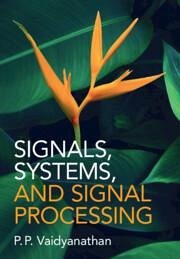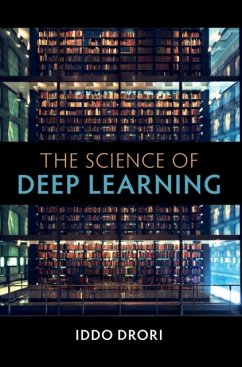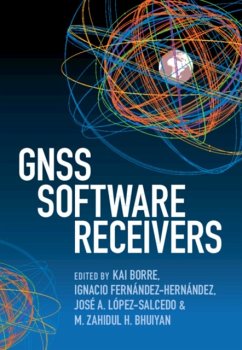
Information Theory
From Coding to Learning
Versandkostenfrei!
Sofort lieferbar
78,35 €
inkl. MwSt.

PAYBACK Punkte
39 °P sammeln!
This enthusiastic introduction to the fundamentals of information theory builds from classical Shannon theory through to modern applications in statistical learning. Includes over 210 student exercises, emphasising practical applications in statistics, machine learning and modern communication theory. Accompanied by online instructor solutions.














